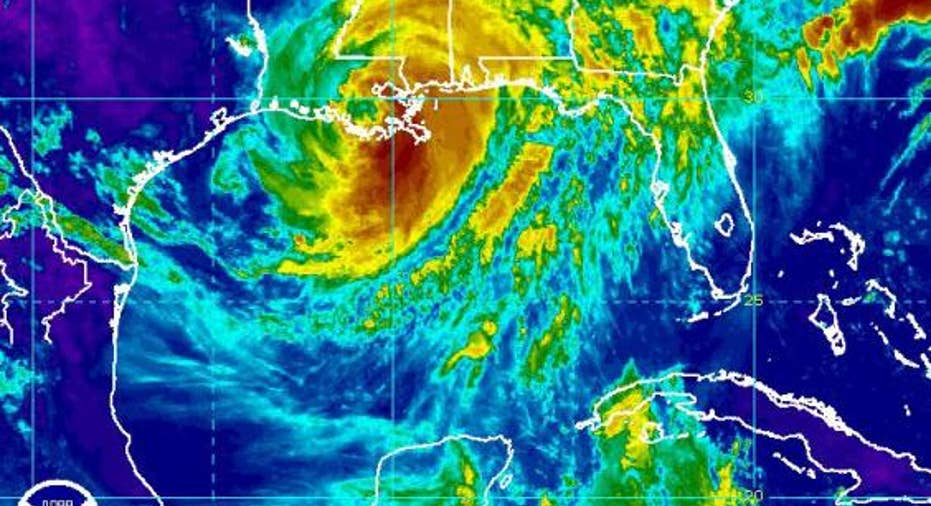Isaac- You're Paying For It

Isaac may be only a tropical storm now, but the damage it leaves in its wake will still be at least $1 billion.
Flooding will be the major cause of loss, and that means only homeowners with flood insurance coverage are likely to get help. Most of that coverage comes from Uncle Sam and the National Flood Insurance Program.
Luckily for many of Isaac's victims, renewing the FEMA insurance program was one of the rare nonpartisan issues Congress could actually agree on.
Before going on a month-long summer vacation, legislators passed a five-year extension of the program's funding in late June. The program gives National Flood Insurance some stability, but that doesn’t mean its problems are over. They are far from it.
First and foremost, the program is deep in debt. After hurricanes Katrina and Rita, the fund was $18 billion in the hole, according to a 2011 GAO report. Premiums from homeowners was just not enough to make up the difference.
Although the insurance program was originally set up to be self sustaining, it has sought 17 funding extensions and almost went out of business completely four times. Even worse, the program has statutory authority to borrow from the U.S. Treasury.
Today, the GAO says the financial hole is so deep that it's unlikely the money will ever be repaid. To top it off, the GAO concludes the program is "actuarially unsound."
And the GAO report had other bad news: the program's systems are antiquated- running on pen and paper rather than computers.
Departments at the local, state and national level can't easily share new documents or review old ones. Look, I know this is hard to imagine, but apparently it's true. The folks at FEMA didn't refute the fact when we asked today. The result of that stuck-in-the-70’s management philosophy: getting something done is nigh impossible.
According to the report, "because many of FEMA's processes were manual, FEMA's culture had become dependent on people, with staff relying on personal relationships to accomplish tasks."
The GAO called for a full-on assessment of the program's staff and a plan of action to make sure it had the systems and people it needs to operate efficiently. In other words, the whole program needs a revamp. If you're thinking poor FEMA is having problems because it's woefully understaffed, not true. The agency has grown like topsy in the wake of Katrina.
The funding extension passed by congress this summer addressed very little of these problems. It made an attempt to stop insuring properties that are repeatedly flooded, but addressing the bigger issues?
Not a chance.
Another can kicked down the road.
Until the next storm, the next time.



















